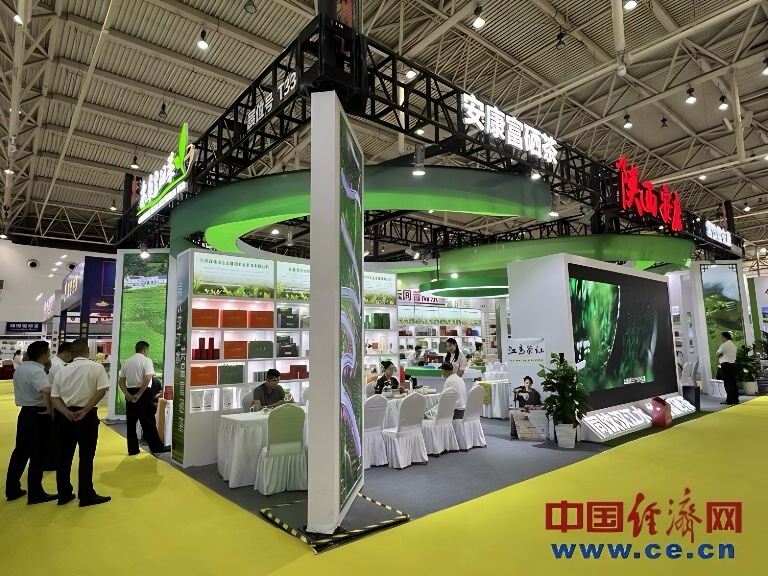Islamabad, Sep 6: Manzoor Ali, a minister at the Pakistani embassy in Beijing, is upbeat about increased collaboration between China and Pakistan in the tea sector, a population of more than 200 million, he stressed Pakistan’s importance as a tea consumer and the possibilities for expanding bilateral trade in this area.
According to Manzoor, the embassy has inked a contract with the China International Engineering Consulting Association’s (CAIEC) International Business Advisory Council in an effort to address demand in the home market and, more importantly, reach out to neighboring Islamic countries and European countries.
The top tea importer in the world, Pakistan, imported more tea last year for more than USD 600 million (about RMB 4.033 billion), according to the United Nations COMTRADE database on international commerce.
In order to accomplish an industrial win-win, a senior official of the Tea Research Institute, Yunnan Academy of Agricultural Sciences, Qingyuan, stated that broken tea from China and Pakistan can be blended to create new goods for the global market.
According to him, broken black tea is in high demand in Pakistan since it’s inexpensive compared to China and is primarily used to produce teabags. According to him, Yunnan is likewise looking for methods to boost exports. China-Pakistan tea cooperation can be greatly benefited by industrial transfer or advice from Yunnan.
According to writer Sadia Khatri, who lives in Karachi, tea is ingrained in our delight, culture, and discussions. A Pakistani’s tea is an essential part of their culture. In an interview with China Economic Net during the 17th Beijing International Tea Exhibition, she stated that any time is a good time for tea.
“I’m here to explore in the hopes of discovering the ideal tea variety. As everyone is aware, Pakistan has a strong tradition of tea drinking, and China is the country where tea originated. Chinese green tea, black tea, and oolong tea are beloved by Pakistanis, and the premium varieties are greatly prized in our marketplace. Our shared tea trade reflects not just our cultures and our emotional ties, but also our business dealings. Stated differently, the scent of tea unites us,” stated Abdul Haq, a trader from Pakistan.
The most common drink, he said, is black tea, which is typically made in Pakistan with milk, spices, lemon slices, and even chopped nuts. He went on to say that young people in China are now obsessed with milk tea, which is evidence that “our cultures are blending and thriving together.”
